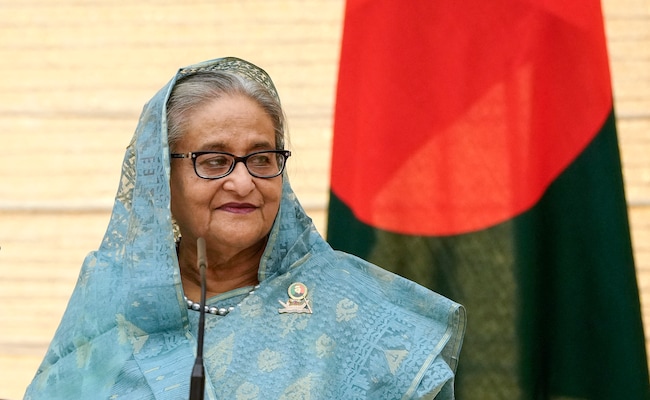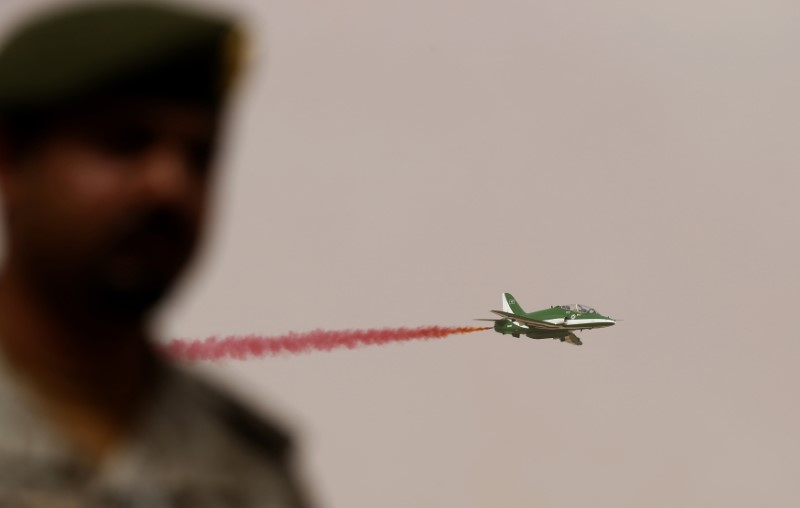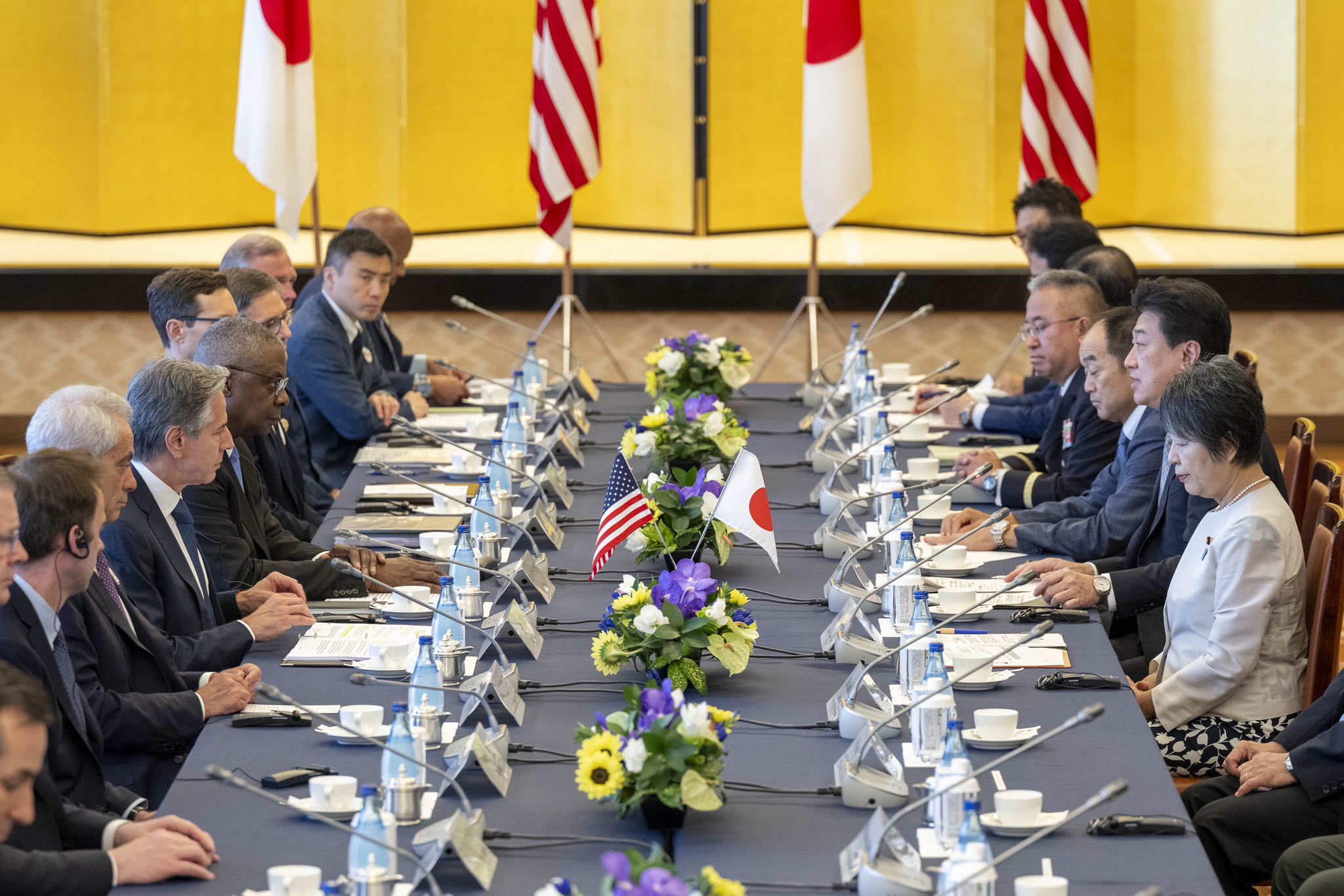
Sebastian Contin Trillo-Figueroa, Geopolitics Analyst in EU-Asia Relations and AsiaGlobal Fellow, The University of Hong Kong
Sep 27, 2024
The Philippines sits at the crossroads of the Pacific and Southeast Asia, navigating its historical ties to the U.S. and proximity to China with extreme care and diplomatic acumen. As China seeks to grow its power this decade, the Philippines will surely play a major role in how things unfold.
Niu Xinchun, Professor, China-Arab Research Institute, Ningxia University
Sep 21, 2024
The United States plays the role of “necessary devil” in the Middle East, yet it is still valued as a key ally by Arab nations and Israel. America’s unwavering support for Israel often draws a backlash from the Arab world. However, the Arabs’ moral imperatives may clash with their strategic interests.
Richard Javad Heydarian, Professorial Chairholder in Geopolitics, Polytechnic University of the Philippines
Sep 21, 2024
China wields the largest naval capacity in Asia, and has shown no qualms about deploying it to contest waters in its vicinity. The Philippines sitting so near China have faced the brunt of China’s aggressive actions, and must navigate the situation with great strategic acumen.
Doug Bandow, Senior Fellow, Cato Institute
Sep 13, 2024
The pursuit of absolute security by individual nations, especially major powers like the U.S., risks destabilizing global peace as competing demands for dominance in areas like technology and economics grow. Smaller nations, particularly in the Global South, often find themselves caught in the struggle, with multilateral cooperation and inclusive dialogue essential to reducing the tensions that this competition creates.
Han Liqun, Researcher, China Institutes of Contemporary International Relations
Sep 13, 2024
A number of political, social and economic factors tend to put the brakes on the urge to widen a war or escalate a conflict. So far, the world has been lucky with respect to the Russia-Ukraine war, the Israeli-Palestinian conflict and the provocative assassination of a Hamas leader. The dog didn’t bark in the night — at least not yet.

Ananth Krishnan, Director at The Hindu Group, and AsiaGlobal Fellow at University of Hong Kong
Aug 30, 2024
The political turmoil in Bangladesh offers governance lessons for the Global South and serves as a cautionary tale for developing nations pursuing reforms. And as key partners like India, China, and the U.S. re-engage with Dhaka, they should consider broadening their relationships beyond the ruling party.
Richard Javad Heydarian, Professorial Chairholder in Geopolitics, Polytechnic University of the Philippines
Aug 30, 2024
The Philippines latest round of talks with the U.S. seems to give the impression of a strong shift toward alignment with American interests, but closer examination reveals a pragmatic approach by Ferdinand Marcos Jr. to playing the U.S. against overtures from neighboring China.
Xiao Bin, Deputy Secretary-general, Center for Shanghai Cooperation Organization Studies, Chinese Association of Social Sciences
Aug 21, 2024
Ukraine’s advance into Russian territory may pose new risks, including escalation of the war and further complication of the peace process. The aim may be to create a “land-for-land” negotiation in the future, but this may not work. Peace cannot be achieved as long as one side believes it can win. It only happens when one of the warring parties is exhausted.

Ghulam Ali, PhD, Monash University, Australia
Aug 16, 2024
The emerging defense pact with the United States, will be a decisive moment for Saudi Arabia and for broader Middle Eastern politics. Until it is ratified, the kingdom will likely strive to maintain defense partnerships with both the U.S. and China.

Zhang Yun, Professor, School of International Relations, Nanjing University
Aug 14, 2024
Tokyo has questioned the reliability of U.S. nuclear protection and has put the issue high on the agenda. Lasting peace in East Asia, however, cannot be achieved simply through nuclear power. The way forward is to focus on common security efforts and include all parties in the discussion.
Back to Top

- China-US Focus builds trust and understanding between the U.S. and China through open dialogue among thought leaders.
- Our Offerings
- Topics
- Videos
- Podcasts
- Columnists
- Research Reports
- Focus Digest
- Stay Connected
-
Thanks for signing up!
- Get the latest stories from China-US Focus weekly.